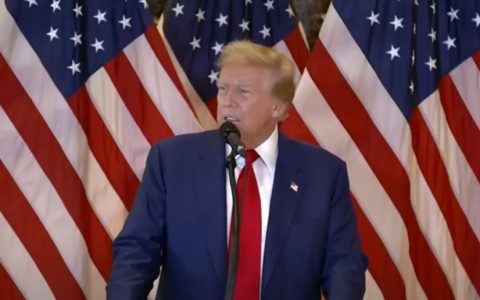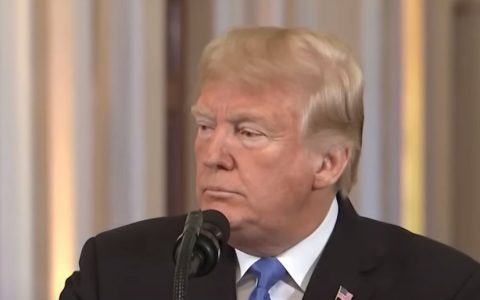
Only Americans should be voting in our elections. Apparently that is easier said than done.
Because non-citizens on voter rolls in these states are throwing the U.S. into chaos.
Alabama made waves when Secretary of State Wes Allen announced this summer that he’d flagged 3,251 names on the state’s voter rolls as suspected illegal immigrants, promptly shifting those names to the inactive voter list. But the move quickly met a major roadblock.
Just weeks after notices went out, more than 700 of those individuals came forward to confirm they were eligible citizens.
Some were citizens by birth, while others were naturalized — though Alabama had apparently relied on outdated records. Only 106 of the flagged individuals requested removal, which, according to the Justice Department, doesn’t prove they were noncitizens.
A federal judge ultimately intervened, ordering Alabama to return the remaining names to active status. What began as an attempt to uncover evidence of noncitizen voting has now turned into a cautionary tale about overestimating the issue.
Meanwhile, federal prosecutors in Alabama announced they had identified a noncitizen who had been illegally registered and voted in 2016 and 2020.
Angelica Maria Francisco, a 42-year-old Guatemalan woman, admitted she’d been living under a stolen U.S. identity since 2011 and had used it to vote in two elections.
The two cases reflect a dual reality: Ms. Francisco’s case highlights that noncitizen voting does occur, but Alabama’s broader purge effort underscores the risk of exaggerating the scale of the issue.
“I don’t know the number, except I can tell you I’m nearly 100% certain nationwide the number of noncitizens that may be on the voter lists is below 10,000, and nationwide, the number of noncitizens that actually vote is at most measured in the dozens, and probably less,” said David Becker, director of the Center for Election Innovation & Research.
Under federal law, voting in U.S. elections is limited to citizens. Yet former President Donald Trump has repeatedly claimed that noncitizen voting is widespread and sways election results. Republican-led states like Alabama have taken action, scouring their voter rolls for noncitizens.
Alabama’s initiative is not unique: Ohio announced it had found about 600 noncitizens on its rolls, Texas reported identifying 6,500 potential noncitizens — 1,830 of whom had reportedly voted — and Florida removed 144 noncitizens from its lists.
In Virginia, Republican Governor Glenn Youngkin revealed his state had removed 6,300 noncitizens from the rolls since January 2022, with an additional 1,600 names removed by mid-October, though a federal judge recently ordered Virginia to restore them. The state has appealed to the Supreme Court.
Even some Left-leaning states have taken action: Oregon announced it had removed more than 1,200 names from its voter rolls due to citizenship concerns, though officials are reviewing each case to ensure no errors were made.
Georgia, a state Becker calls the “gold standard” for voter registration, recently reviewed its 8.2 million voter list and found only 20 noncitizen names.
Meanwhile, in California, officials seemed unbothered by the question, with the Secretary of State’s office remarking, “We don’t have any data to report on instances of non-citizens voting or being incorrectly registered and removed from the voting rolls.”
J. Christian Adams, of the Public Interest Legal Foundation, contends that California isn’t looking closely enough. His organization’s recent report on Alameda County found 54 people who had been registered and later removed after admitting they weren’t citizens.
Some had listed foreign countries as their birthplaces and answered “No” to the U.S. citizenship question, yet were approved anyway.
“They just don’t give a rip,” Adams said. “We actually probably know more about noncitizen voting in California than the secretary of state does.”
Stay tuned to the DC Daily Journal.





